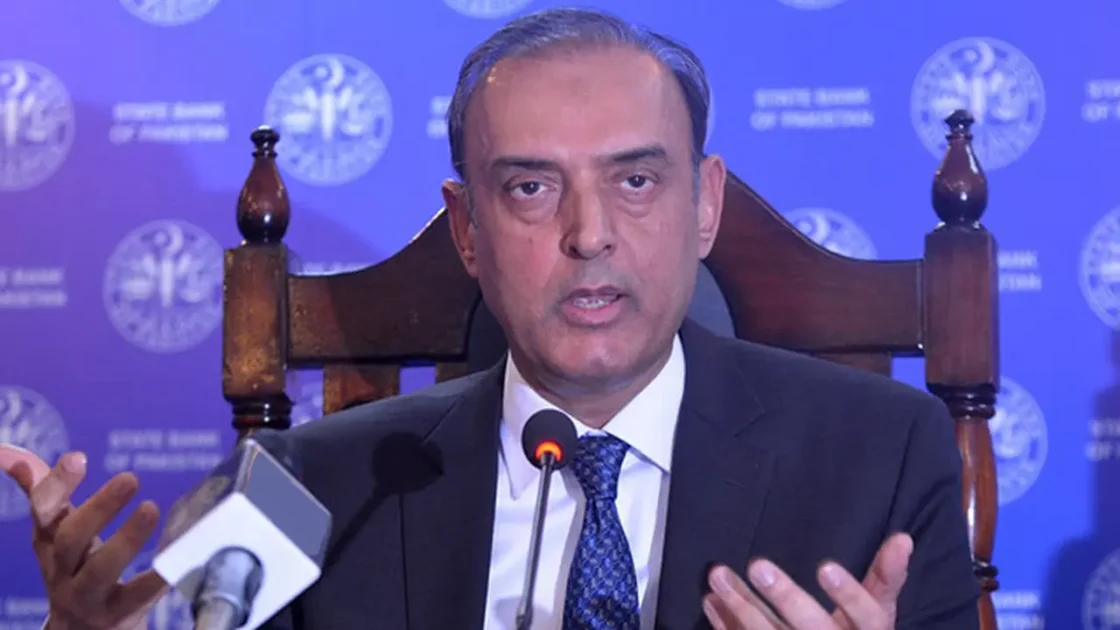- Syed Raza Hassan
- 2 Hours ago

China to infuse $55 billion into major banks as part of economic recovery plan
-
- Web Desk Karachi
- Feb 26, 2025

BEIJING: China is set to begin re-capitalizing several of its largest banks in the coming months, according to sources familiar with the situation. This initiative is part of a broader stimulus package introduced last year aimed at stabilizing the struggling economy.
Officials are planning to inject a minimum of 400 billion yuan (approximately $55 billion) in new capital into this latest group of banks, which includes the Agricultural Bank of China Limited and the Bank of Communications Co. The sources, who requested anonymity, indicated that the plan could be finalised as early as the end of June, although details regarding the specific amount allocated to each bank are still being finalised and may be subject to change, reported Bloomberg.
The Chinese banking regulator first mentioned its intention to bolster core tier-1 capital for the six major state-owned banks in September, though it provided limited details at that time. Subsequently, the Ministry of Finance announced that it would issue special sovereign bonds to finance these capital injections, aimed at enhancing the banks’ ability to manage risks and promote lending.
China’s Alibaba to invest $50 bn in AI, cloud computing
Overall, China could infuse up to 1 trillion yuan in capital into its largest banks, primarily funded through the issuance of new special sovereign debt. Following this announcement, shares of Agricultural Bank rose by 2.6 percent, while Bank of Communications saw an increase of 2.2 percent in Hong Kong trading.
The Chinese government is reinforcing the stability of its banking system, even as the capital levels of the top six banks substantially exceed minimum requirements. This move comes amid a series of stimulus measures that include significant cuts to mortgage rates and reductions in key policy rates. Lenders like Agricultural Bank and Postal Savings, which were called upon to support the economy over recent years, are currently facing challenges such as record-low profit margins, declining profits, and an increase in non-performing loans.
Traditionally, Chinese banks have relied on retained earnings to boost their capital reserves, with some also seizing opportunities to issue debt in the bond market due to lower interest rates. A direct capital injection from the Beijing government would represent the first such initiative since the global financial crisis of 2008.






